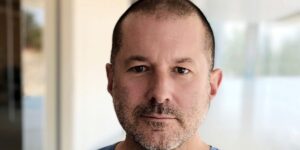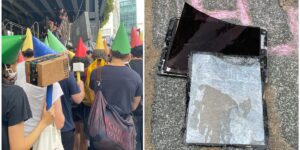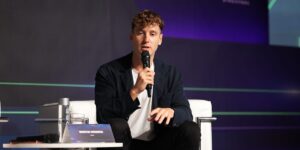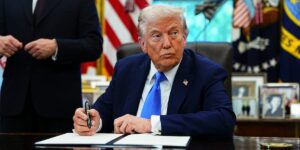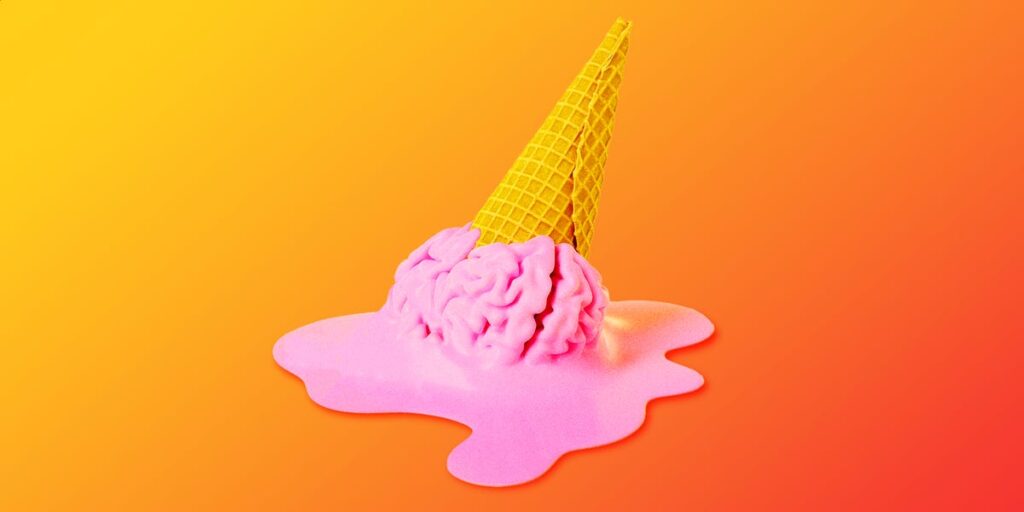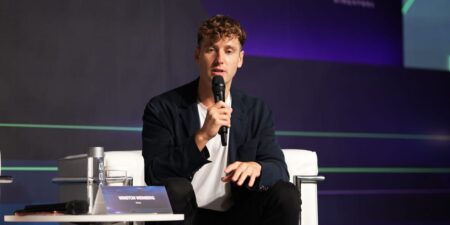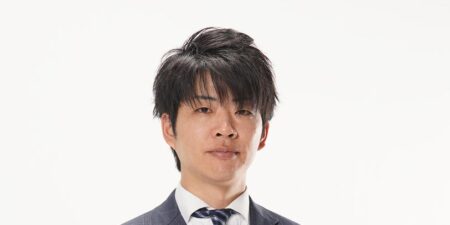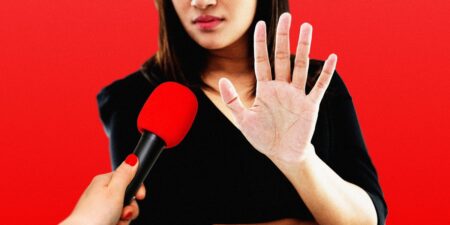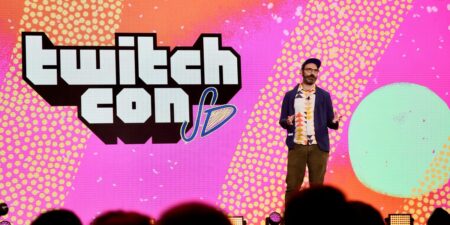We like to see ourselves as individual free thinkers. But when a hot summer trend hits — a style, a song, or even a meme — we can’t resist wearing it, blasting it, and posting it.
But what about this summer? It’s August — schools are reopening, football is returning — and no big trend has taken hold. Summer 2025 feels squishy, undefinable, and chaotic.
This season’s most anticipated movies are all franchise revivals, like “Jurassic Park,” “Superman,” “Lilo & Stitch,” and the “Fantastic Four.” Netflix just set a record for biggest opening of any in-house film: the sequel to the 1996 classic “Happy Gilmore.”
Where indelible songs of the summer have consistently broken through in years past — “It’s Gonna Be Me” in 2000, “Gangnam Style” in 2012, “Espresso” in 2024 — this year lacks a clear winner. At this writing, “Ordinary” by YouTuber-turned-crooner Alex Warren is atop the Billboard Hot 100, a moody tune poised more for overuse as a wedding first dance than it is to be a poolside bop. The most hyped tour of the summer was Beyonce’s Cowboy Carter, which promoted an album that dropped 16 months ago. “Should we be concerned that it’s August in a week and so far the song of the summer is ‘nothing beats a Jet2 Holiday‘?” one TikToker asked, referencing the viral sound meme that uses the audio vacation ad from British company Jet2holidays. It has appeared in millions of videos to juxtapose a fun vacation melting down into disaster.
Even fashion and visual aesthetic trends have come undone. 2024 was lime green Brat summer, 2023 was bubble gum pink thanks to Barbenheimer and Taylor Swift’s Eras Tour, Beyonce’s “Renaissance” chrome shone in 2022. As Vogue recently noted, “There is almost always one color that dominates. That said, this season seems to be the exception to the rule. There wasn’t one single shade that reigned supreme.”
Welcome to brain rot summer. AI slop has infected TikTok, Facebook, and X, and people can’t tell that even a herd of bunnies jumping on a trampoline is AI generated. The biggest monoculture moment we’ve seen so far was the Coldplaygate affair, a moment so cringe it cut through all our FYPs. I’m watching snippets of vacations gone wrong on TikTok and the Jet2holidays ad is living rent free in my head. The internet is piling on Sydney Sweeney and American Eagle with accusations that an ad for jeans was actually a Nazi dog whistle, and in the past few months Katy Perry has gone to space with Lauren Sánchez and Gayle King, split with Orlando Bloom, and is hanging out with Justin Trudeau, a summer romance gossip that feels like a Mad Libs concoction.
It’s easy to feel the absence of a universal vibe this summer, but the lack of a ubiquitous pop culture hit may be the result of a longer shift, says Joel Penney, a professor in the College of Communication and Media at Montclair State University. “There’s been this huge pattern of media fragmentation that’s been going on for a very long time.” Because more people stream music and TV, “the catalog becomes just as important as anything new,” Penney says. Sequels are safer bets for Hollywood to make, and Spotify spins up personalized playlists that feature older songs. Popular content creators with podcasts or large social media followings may seem big, but they also filter us into smaller media bubbles. The privilege of crystallizing and spreading our trends to massive audiences used to rest with late-night hosts, but their influence is waning: Stephen Colbert performed the viral “Apple” dance to go along with the “Brat” song last summer, but this summer his show is facing cancellation.
There’s been this huge pattern of media fragmentation that’s been going on for a very long time.Joel Penney
The news cycle, also popular late-night fodder, is fast paced and relentless. President Donald Trump is dominating news headlines in ways few other politicians ever have, from speculation around what’s in the Jeffrey Epstein files to how tariffs will affect the economy to his posts on Sydney Sweeney. “Trump takes up all of the oxygen,” Penney says. That’s been true since he took office for the first time, with a report from Harvard’ Shorenstein Center finding Trump was the topic of 41 percent of all news stories, tripling the coverage of past presidents. “There’s just so much Trump all the time in the news that it kind of becomes pop culture,” leaving little room for other pop culture moments to reach escape velocity.
The big summer trends are often driven by, or at least seized by, marketers. “Barbie” had a $150 million marketing budget, more than the budget for the movie itself, and it paid off: The movie earned nearly $1.5 billion globally. If today we don’t have one pop princess or color reigning supreme, maybe it’s just an off year when no major, resonating work dropped just as the weather warmed up. But it could be an indication that people are growing tired of the mainstream, and weary of their social feeds being driven by algorithms over people. “The brain rot is super real,” says Andrew Roth, founder and CEO of the Gen Z-focused research firm DCDX. “This summer is almost an escape from all of that, where people are going offline.”
DJs are turning coffee shops into spaces to vibe. Friendship and IRL dating apps are becoming popular as young people shirk traditional swiping. The hottest item to buy this summer is a Labubu; a toy made for adults whose appeal lies part in childhood nostalgia, and part in the IRL anticipation of opening a box without knowing exactly what you’ll get. “Niche passions in communities are rising up to be an escape from that mainstream narrative that’s everywhere,” Roth says. “It doesn’t feel like everyone wants to be a part of the same Barbenheimer or Brat summer experience. It’s more of an individualized, spontaneous one.” Maybe after two summers with blockbuster trends, we’re feeling burned out and relishing in a break from monoculture.
Critics and consumers alike have been feeling like the 2020s are culturally shallow for years, and attitudes about our entertainment landscape are pessimistic. A 2024 YouGov poll found people were most likely to say the 2020s has the worst TV, sporting events, radio programming, music, fashion, and movies, compared to every other decade over the past century. These opinions could be more nostalgia-driven than honest (the 2020s have spurred a deluge of water-cooler talk around highly acclaimed television series like “Severance” and “Succession”), or they could capture the growing frustration with the massive amounts of content we now have to choose from, and the age-old adage that quantity does not trump quality.
Trends have shorter lives in our world where short-form video and algorithms dictate who sees what. Brat summer was maybe not just the winner of 2024, but such a massive hit that it became the exception and dragged on for so long that Charli XCX had to declare it over herself. In April, she suggested a litany of artists who could take up the torch. None have. No forced marketing campaign has led to the mass proliferation of one style, song, or movie. So how will we remember the Summer of 2025? Will it be the Astronomer affair? The coupling up of “Love Island’s” Nicolandria, or the very public breakup of Elon Musk and Trump? Maybe we’ll all have different memories of what defined the season and what we watched and listened to this summer — a patchwork that reflects the chaos that summer brought.
Amanda Hoover is a senior correspondent at Business Insider covering the tech industry. She writes about the biggest tech companies and trends.
Business Insider’s Discourse stories provide perspectives on the day’s most pressing issues, informed by analysis, reporting, and expertise.
Read the full article here


